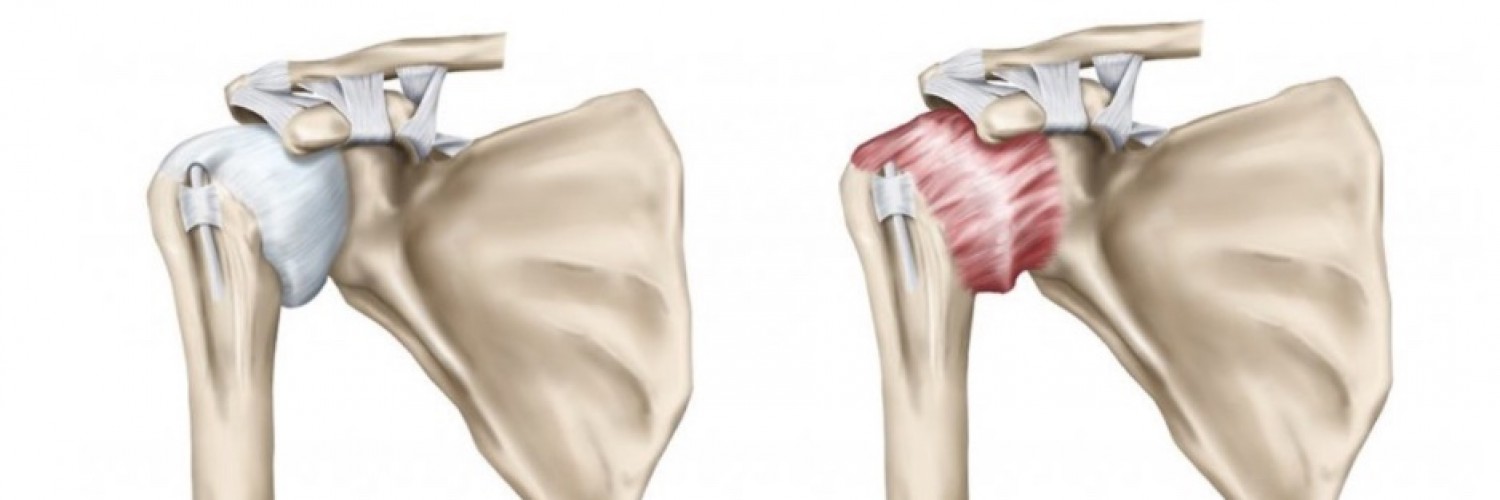A frozen shoulder occurs when the capsule surrounding the shoulder joint becomes inflamed and stiffens overtime, preventing the normal glide of the ball & socket joint. You may find it difficult to complete daily activities such as reaching overhead, reach behind back, lifting your arms, where pain usually increases at night.
The exact cause is unknown, however here are some known risk factors that may predispose an individual to develop frozen shoulder:
- Females, particularly at the age of 40-60
- Pre-existing medical conditions such as diabetes and thyroid conditions
- Trauma to the shoulder (operative or non-operative where as shoulder has been immobilised) • Previous history of surgery (heart or breast)
Three stages of frozen shoulder:
- Freezing — Can last 3 to 6 months, this is the inflammatory stage characterised by painful movement
- Frozen — Can last 6 to 12 months and is characterised by worsening stiffness
- Thawing — This is characterised by the absence of pain, with a gradual improvement in shoulder range of movement
The type of physiotherapy treatment will vary depending on which stage you are in. This may include manual therapy in the initial stages to modulate pain and progress physiological movement. Exercise interventions will also be carefully implemented to maintain movement and gradual strengthening of the shoulder musculatures. Clinical pilates guided by your physiotherapist will involve specific exercise prescription to improve thoracic and overall mobility in the short term and long term.
Additionally in the early stages where pain > stiffness, corticosteroid injection may be used for pain management. In the later stages where stiffness > pain, hydrodistension could be used to regain shoulder range.
Following the above interventions, physiotherapy follow ups are highly recommended with the aim to progress rehabilitation and guided return to daily activities whether it be sports, independent workout regime or tying up your hair.
Typical time of recovery
18-24 months
Shanelle Chin,
APA Physiotherapist, Evado Studios Hawthorn & Clayton
